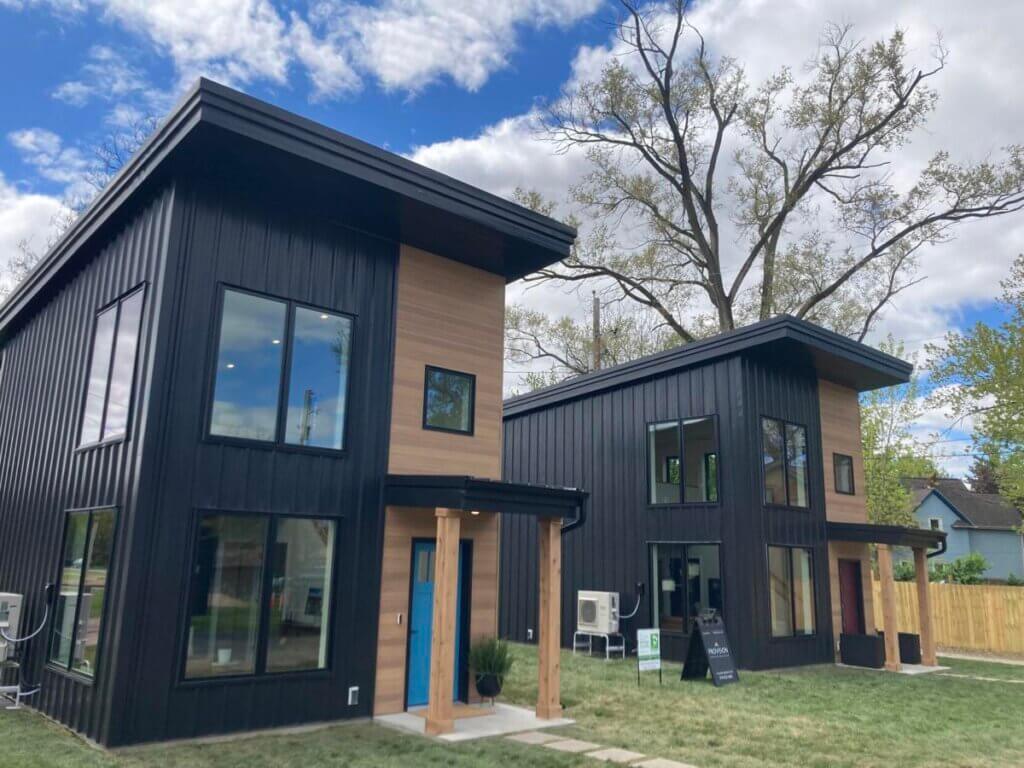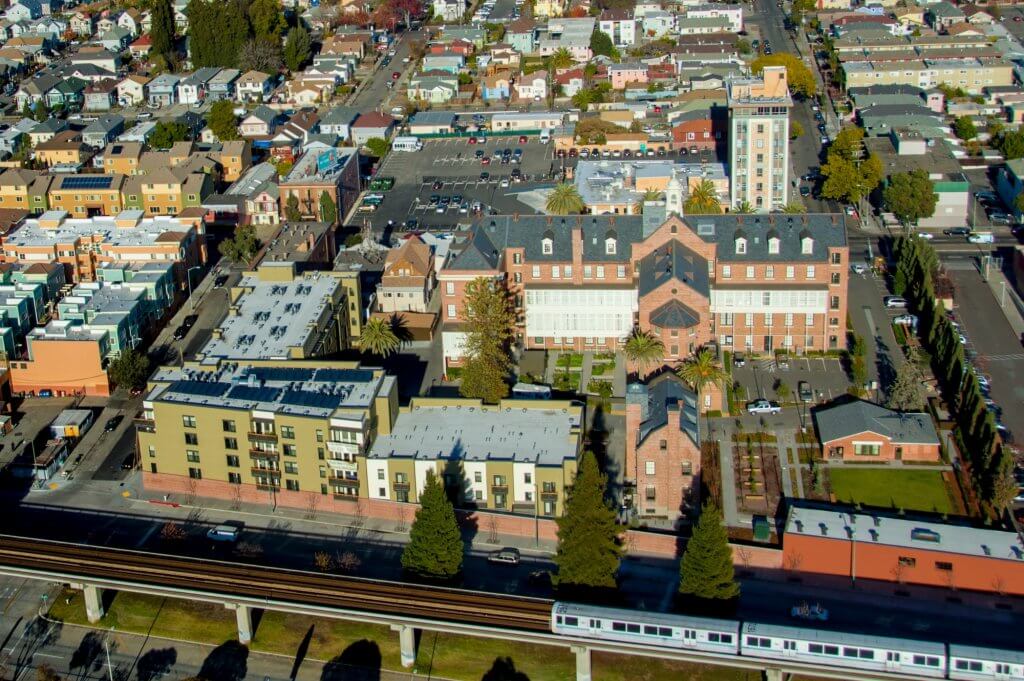Right Type, Right Place: Assessing the Environmental and Economic Impacts of Infill Residential Development through 2030
Nathaniel Decker, Carol Galante, Karen Chapple, Amy Martin, Ethan Elkind, Marilee Hanson
Published On April 10, 2017

Authors: Nathaniel Decker, Carol Galante, Karen Chapple & Amy Martin, Terner Center for Housing Innovation, UC Berkeley; Ethan N. Elkind & Marilee Hanson, Center for Law, Energy and the Environment (CLEE), UC Berkeley School of Law
Produced by: Next 10
Release Date: March 2017
The Center for Law, Energy, and the Environment (CLEE) at UC Berkeley School of Law and the Terner Center for Housing Innovation at UC Berkeley (collectively the “Centers”), with support from Next 10, prepared this report to assess the environmental and economic impacts of housing production scenarios that could help meet the state’s proposed 2030 greenhouse gas reduction target under Senate Bill 32. This report also offers best practices and policy recommendations for state and local governments to boost housing production within California’s existing urban footprint. The Centers have assessed existing data and consulted with development experts to quantify the costs and benefits of a 2030 growth scenario that can inform state and local policy going forward.
Share This Post:
Related Articles
Modeling Inclusionary Zoning’s Impact on Housing Production in Los Angeles: Tradeoffs and Policy Implications
Guest author Shane Phillips from the UCLA Lewis Center for Regional Policy Studies has authored a paper that uses…

California’s Prohousing Designation Program: Rewarding City and County Policies that Boost Housing Supply
In this paper, we examine data for 10 early adopters of California's Prohousing Designation Program, and assess whether the policies…

Residential Housing Is Now Allowed in All Commercial Zones: Are California Cities Ready?
Overview California Assembly Bill 2011 (Wicks) was signed into law by Governor Newsom in September 2022 and went into effect…

The Housing Potential for Land Owned by Faith-Based Organizations and Colleges
This paper updates our 2020 report with expanded data on the potential for development on land owned by faith-based organizations…


